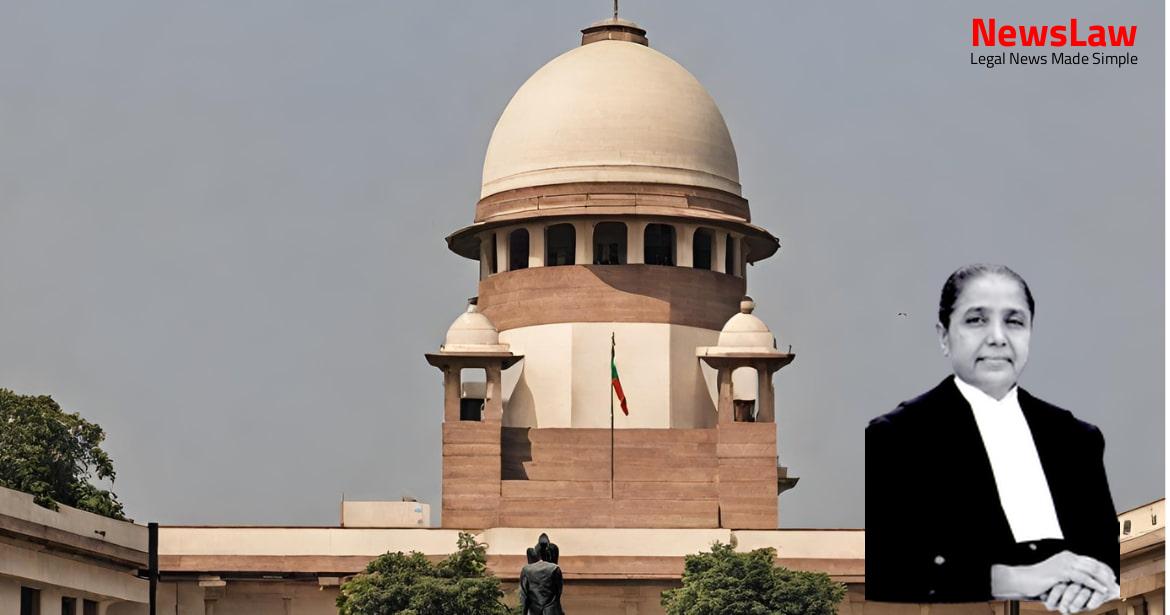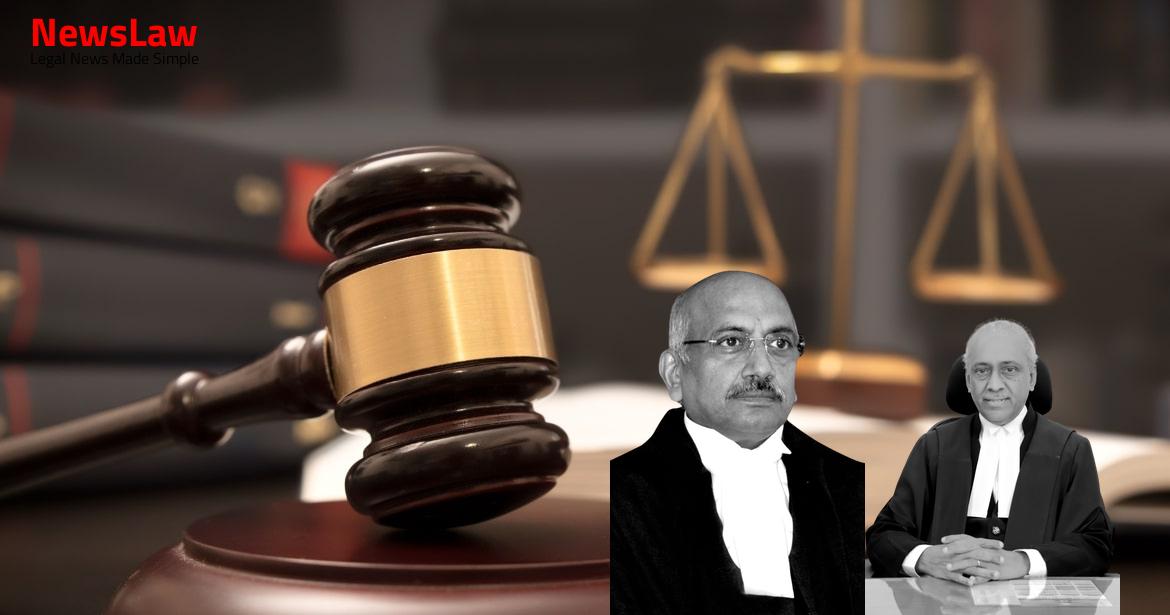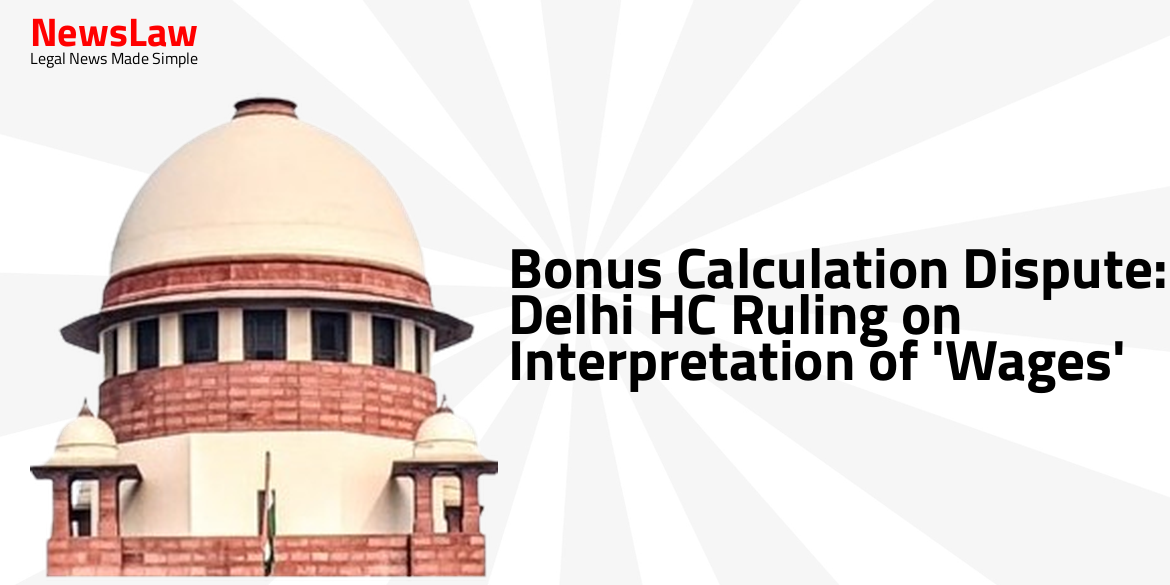reassessment under Section 147 of the Income Tax Act, 1961 (briefly “the Act” hereinafter) following issuance of notice under Section 148 of the Act is legally sustainable or is bad in law, is again confronting us in the present batch of appeals. Prior to the assessment year 1994-95 including the assessment years under consideration, the status of the assessee was that of a firm, being regularly assessed to income tax. Likewise, for the assessment year 1991-1992, the assessee did not file any balance sheet along with the return of income for the same reason mentioned for the assessment year 1990-1991. Assessing officer scrutinised the net sale proceeds as per the Audit Bureau of Circulation figure and the certified Performance Audit Report. On that basis assessing officer accepted the sale proceeds of Rs.8,21,24,873.00 as correct being in conformity with the facts and figures available in the Audit Bureau of Circulation report and the Performance Audit Report.
For the assessment year 1992-1993 also, the assessee filed the return of income on 07.12.1992 showing a loss of Rs.10,50,000.00.
Following the profit percentage adopted in earlier years, the assessing officer estimated the income from the weeklies and other periodicals at 7.50% before depreciation, adding the estimated advertisement receipts of Rs.40 lakhs to the total sale receipts of Rs.7,22,94,757.00. While examining the balance sheet, the assessing officer noticed that the balance in the capital account of all the partners of the assessee firm together was Rs.1,85,75,455.00 as on 31.03.1993 whereas the capital of the partners as on 31.12.1985 was only Rs.2,55,117.00. The assessing officer took cognizance of the profit and loss account and the balance sheet filed by the assessee before the South Indian Bank on the 7 basis of which assessment of income for the assessment years 1988 – 1989 and 1989 – 1990 were completed. In so far assessment year 1992-1993 is concerned, the assessing officer passed the reassessment order also on 21.03.2002 under Section 144/147 of the Act determining the total income of the assessee at Rs.25,06,660.00. 1992-93 Rs.15,06,655.00 Total Rs.50,96,041.00 rounded off to Rs.50,96,040.00 16.
Against the aforesaid three reassessment orders for the assessment years 1990-91, 1991-92 and 1992-93, assessee preferred three appeals before the first appellate authority i.e. It was further argued that as per Section 282(2), notice under Section 148 of the Act in the case of a partnership firm was required to be made to a member of the firm.
Thus, as against the total escaped income of Rs.50,96,040.00 for the above three assessment years as quantified by the assessing officer, CIT(A) enhanced and redetermined such income at Rs.68,20,854.00. CIT(A) further noted that the assessing officer had taken the balance sheet as on 31.03.1989 filed by the assessee before the South Indian Bank as the base for reconciling the accounts of the partners. Aggrieved by the common appellate order passed by the CIT(A) dated 26.02.2004, assessee preferred three separate appeals before the Tribunal which were registered as under: (i) ITA No 282(Coch)/2004 for the assessment year 1990-91.
The reassessment orders could not be sustained on the basis of the balance sheet filed by the assessee before the South Indian Bank because in an earlier appeal of the assessee itself, CIT(A) had held that such balance sheet and profit and loss account furnished to the bank were not reliable.
Holding that there was no material before the Tribunal to come to the conclusion that the assessee had disclosed fully and truly all material facts required for completion of original assessments, the High Court set aside the order of the Tribunal and remanded the appeals back to the Tribunal to consider the appeals on merit after issuing notice to the parties. Adverting to Section 139 (9) of the Act, it is submitted that, it is not mandatory for the assessing officer to treat a return as invalid even if the return is defective under any of the sub-clauses of Section 139 (9). Though the assessee had been claiming that it did not maintain any books of account from the assessment years 1989- 1990 onwards, an audited balance sheet and profit and loss account submitted to the South Indian Bank were traced out and used as evidence against the assessee for reopening the assessment for the assessment year 1989- 1990.
The assessing officer made the reassessments on the basis of the increase in the capital in the balance sheets between the years ending 31.03.1989 and 31.03.1993. The balance sheet for the assessment year 16 1993 – 1994 which was used as the basis for reassessment was not available with the assessing officer when the original assessments were made. Raghenth Basant, learned counsel for the appellant at the outset submits that the High Court fell in error while setting aside the well-reasoned and correct order of the Tribunal.
He submits that for the assessment year 1993–1994, the appellant had maintained complete set of books of account, audited profit and loss account and balance sheet which were duly filed before the assessing officer. Following assessment proceedings, assessing officer passed the assessment order for the assessment year 1993 – 1994 on 27.01.1994 under Section 143 (3) of the Act. Learned counsel submits that during the reassessment proceedings assessee sought for return of the books seized by the department. According to the High Court since the original assessment was completed without the books of account and the details under Section 139 (9) (f) being furnished, therefore, the assessee had not disclosed fully and truly all material facts necessary for completion of assessment. In the circumstances, he submits that non furnishing of details under Section 139 (9) (f) cannot lead to any inference that material facts had 20 not been disclosed so as to justify reopening of assessments that too eight to ten years after expiry of the relevant assessment years. It was thereafter that assessments were completed not only in respect of the assessee for the above three assessment years but also for the partners as well under Section 143(3) of the Act. Learned counsel asserts that an assessing officer would get the jurisdiction to reopen an assessment only on the basis of specific, reliable and relevant information coming to his possession subsequent to the original assessment and not otherwise. Adverting to Section 145 (1) of the Act, he submits that income from the profits of business shall be computed in accordance with the cash or mercantile or any other system of accounting regularly employed by the assessee.
An assessee who does not disclose the above information and instead submits returns on estimation basis cannot claim that it has fully and truly disclosed all material facts required for assessment. Gopal, Tribunal erred in holding that the assessee had disclosed fully and truly all material facts necessary for assessment. CIT(A) not only affirmed the reassessment orders of the assessing officer but also enhanced the quantum of escaped income which was restored by the High Court after setting aside the reversal order of the Tribunal. Therefore, the notices issued under Section 148 of the Act on 29.03.2000 for the three assessment years of 1990 – 1991, 1991 – 1992 and 1992 – 1993 were well within the limitation period. At the relevant point of time, this provision provided that every person, if his total income or the total income of any other person in respect of whom he was assessable under the Act during the previous year had exceeded the maximum amount which is not chargeable to income tax, he shall on or before the due date furnish a return of his income or the income of such other person during the previous year in the prescribed form and verified in the prescribed manner, setting forth such other particulars as may be prescribed.
Since reference was made to sub-section (9)(f) of Section 139, both in the pleadings and in the oral hearing, we may mention that under sub-section (9) of Section 139, where the assessing officer 26 considers that the return of income furnished by the assessee is defective, he may intimate the defect to the assessee and give him an opportunity to rectify the defect within a period of fifteen days from the date of such intimation or within such further period, the assessing officer may in his discretion allow.
Thus, Section 139 places an obligation upon every person to furnish voluntarily a return of his total income if such income during the relevant previous year had exceeded the maximum amount which is not chargeable to income tax. As per sub-section (1), where a return is made under Section 139 or in response to a notice under Section 142(1), the assessing officer may carry out adjustments in accordance with law and thereafter, issue intimation to the assessee specifying the sums payable. Sub-section (2) provides that where a return has been furnished under Section 139 or in response to a notice under sub- section (1) of Section 142, to ensure that the assessee has not under- stated the income or has not computed excessive loss or has not under- paid the tax in any manner, the assessing officer shall serve on the assessee a notice to produce evidence in support of the claim made by the assessee.
Income escaping assessment.—If (a) the Income Tax Officer has reason to believe that, by reason of the omission or failure on the part of an assessee to make a return under Section 139 for any assessment year to the Income Tax Officer or to disclose fully and truly all material facts necessary for his assessment for that year, income chargeable to tax has escaped assessment for that year, or (b) notwithstanding that there has been no omission or failure as mentioned in clause (a) on the part of the assessee, the Income Tax Officer has in consequence of information in his reason to believe that income chargeable to tax has escaped assessment for any assessment year, he may, subject to the provisions of Sections 148 to 153, assess or reassess such income or recompute the loss or the depreciation allowance, as the case may be, for the assessment year concerned (hereafter in Sections 148 to 153 referred to as the relevant assessment year). As can be seen from the above, prior to 01.04.1989, the income tax officer was required to have reason to believe that by reason of the omission or failure on the part of an assessee to make a return under Section 139 for any assessment year or to disclose fully and truly all material facts necessary for such assessment, income chargeable to tax had escaped assessment for that assessment year or the income tax officer had in consequence of information in his possession reason to believe that income chargeable to tax had escaped assessment for any assessment year, the income tax officer could reopen an assessment. It appears that a number of representations were received against the omission of the words “reason to believe” from Section 147 and their substitution by the word “opinion” of the assessing officer. To allay such apprehensions, Parliament enacted the Direct Tax Laws (Amendment) Act, 1989 again amending Section 147 by re-introducing the expression “reason to believe”. Thus, Section 147 as it stood at the relevant point of time provides that if the assessing officer has reason to believe that any income chargeable to tax has escaped assessment for any assessment year, he may assess or re-assess such income and such other income which has escaped assessment and which comes to his notice subsequently in the course of proceedings under Section 147.
Therefore, the meaning of ‘full and true disclosure’ is the voluntary filing of a return of income that the assessee earnestly believes to be true.
The constitution bench explained the purport of Section 34 of the Indian Income Tax Act, 1922 and highlighted two conditions which would have to be satisfied before issuing a notice to reopen an assessment beyond four years but within eight years (as was the then limitation). On the above basis, this Court came to the conclusion that while the duty of the assessee is to disclose fully and truly all primary facts, it does not extend beyond this. The reasons formed must be bona fide. ……
He may start reassessment proceedings either because some fresh facts come to light which were not previously disclosed or some information with regard to the facts previously disclosed comes into his possession which tends to expose the untruthfulness of those 36 facts. It would be immaterial whether the Income Tax Officer at the time of making the original assessment could or, could not have found by further enquiry or investigation, whether the transaction was genuine or not, if on the basis of subsequent information, the Income Tax Officer arrives at a conclusion, after satisfying the twin conditions prescribed in Section 147(a) of the Act, that the assessee had not made a full and true disclosure of the material facts at the time of original assessment and therefore income chargeable to tax had escaped assessment. This Court in the case of Srikrishna Private Limited (supra) emphasized that what is required of an assessee in the course of assessment proceedings is a full and true disclosure of all material facts necessary for making assessment for that year. But with effect from 01.04.1989, the above two conditions have been given a go- by in Section 147 and only one condition has remained, viz, that where the assessing officer has reason to believe that income has escaped assessment, that would be enough to confer jurisdiction on the assessing officer to reopen the assessment. This Court also referred to Circular No.549 dated 31.10.1989 of the Central Board of Direct Taxes (CBDT) to allay the apprehension that omission of the expression “reason to believe” from Section 147 and its substitution by the word “opinion” would give arbitrary powers to the assessing officer to reopen past assessments on mere change of opinion and pointed out that in 1989 Section 147 was once again amended to reintroduce the expression “has reason to believe” in place of the expression “for reasons to be recorded by him in writing, is of the opinion”. Under the Direct Tax Laws (Amendment) Act, 1987, Parliament not only deleted the words “reason to believe” but also inserted the word “opinion” in Section 147 of the Act. Elaborating further on the expression “change of opinion”, this Court in Techspan India Private Limited (supra) observed that to check whether it is a case of change of opinion or not one would have to see its meaning in literal as well as legal terms.
As per the last balance sheet of the assessee for AY 1989-90 obtained from the South Indian Bank, the capital of the assessee is as under:- Fixed capital of partners. But the balance sheet/P&L a/c for AY 1993-94 shows increase in capital which is as under: Fixed capital of partners. The drawings and taxes paid is: drawings taxes paid 1990-91 Rs.20,30,584/- Rs.2,48,287/- 1991-92 Rs.18,87,648/- 1992-93 Rs.29,572038/- Rs.2,72,212/- 1993-94 (Figures not available from assessment records.) Rs.68,30,270/- Rs.3,83,925/- Thus, the profit for the three years would be Rs. Thus, from a reading of the reasons recorded by the assessing officer leading to formation of his belief that income of the assessee had escaped assessment for the assessment years under consideration, it is seen that the only material which came into possession of the assessing officer subsequently was the balance sheet of the assessee for the assessment year 1989-90 obtained from the South Indian Bank.
Case Title: M/S. MANGALAM PUBLICATIONS, KOTTAYAM Vs. COMMISSIONER OF INCOME TAX, KOTTAYAM (2024 INSC 53)
Case Number: C.A. No.-008580-008582 / 2011



